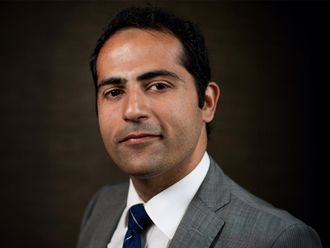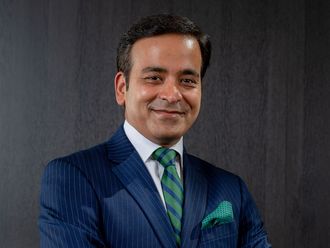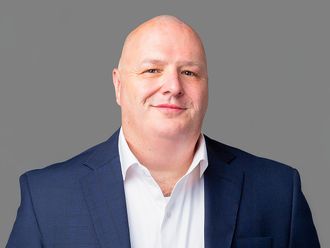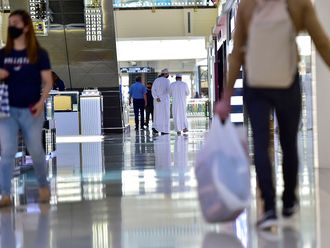Job opportunities are declining and fading away quickly and replaced by robots and new technologies. All of which create numerous economic and social complications.
Over the course of the next 20 years, 75 per cent of current professions will dissolve even though there would be many other job opportunities made available ... yet that needs some time. Such a transformation will affect all aspects of life, including among the influential.
For example, self-driving electric cars are to be pressed into service even though a poll conducted showed most Germans don’t welcome such a move. However, self-driving electric cars will ultimately prevail and throw millions of drivers into unemployment.
On the engineering and health care side, alongside other key professions, computers will replace the human and design buildings according to the highest professional standards, precisely diagnose diseases, identify methods of treatment and the type of medicines to be used. Computers will also affect economic and legal consultations and lead to jobs being lost in these vital sectors.
After a few years, self-flying planes can go into service and cut the jobs of hundreds of thousands of pilots. This will indeed constitute a paradigm shift in the aviation industry and running flights would be less expensive.
Education will be also transformed into a new model for schools, institutes and universities, where by using computers and mobiles the students move away from paper and other needs that consume part of a family’s budget each year.
The industrial and agriculture sectors as well as financial and banking services will be fully automated — including consulting and the directing of investments, sale and purchase of shares and financial tools — through sophisticated programmes that control the buying and selling according to companies’ circumstance, performance and profits.
These developments among many more will result in economic and social problems that would make it essential to change the nature of ownership and relation between employer and employee. Although there will be many alternative jobs made available, they will not meet the bulk of demand for jobs, leading to the concentrating wealth in the hands of a few.
Seemingly, some countries such as Finland has proactively begun preparing its community to such a radical change in the relationship between work and capital. It introduced a system through which any Finnish citizen can obtain a monthly salary of 2000 euro so as to invest in modern business sectors or set up small projects that has something to with services of a modern aspect.
A system has emerged of the “basic income”, by which a country will collect taxes and decide a monthly salary for every citizen to meet their basic needs. This system will bring about radical change in the distribution of the public income in countries that take to these proposals.
This means wealth will grow; however, the methods of its generation and distribution will differ and depend more on automation than human beings. This also means that fortunes will be concentrated in the hands of countries and institutions that would gain a global character that transcends borders.
It requires the development of effective legislations and systems so as to provide the necessities of life and solve problems that would result from diminished job creation.
Hence, the basic income system seems to be the only way out of the prospective transformation. The disparities between the capacities of each country will create a difference in living standards of each, as is the case in the present time.
So, the lion’s share will not go for those who own natural resources such as minerals and agricultural commodities but to those who develop software and new techs, which will tip the balance and create new alignments for rich and poor countries. Some developing countries have the opportunity to change their situation through paying more attention to education and research to develop new programmes and technologies to aid innovation.
Dr Mohammad Al Asoomi is a UAE economic expert and specialist in economic and social development in the UAE and the GCC countries.












